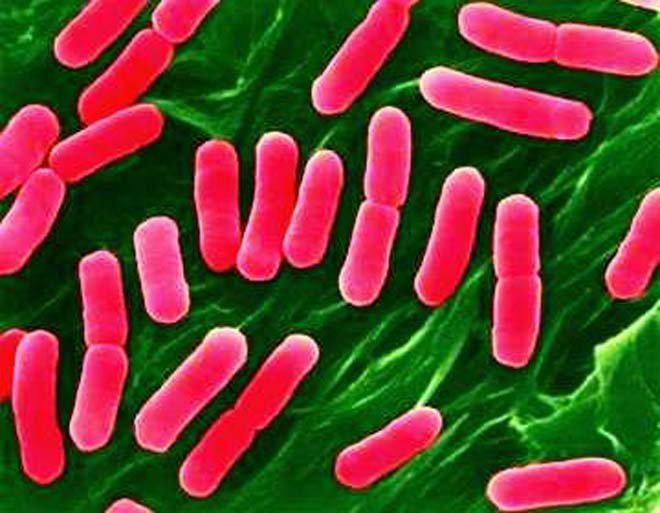Bean sprouts remain at the focus of a hunt for the cause of a toxic E coli bacteria outbreak in Germany, Consumer Affairs Minister Ilse Aigner said Wednesday after a crisis summit, DPA reported.
The pathogen has killed at least 25 people across Europe so far and more deaths are possible, German Health Minister Daniel Bahr said. On Tuesday, the toll stood at 22.
Scientific tests on water and soil at a market garden near the town of Uelzen have failed to show any traces of the germ, enterohaemorrhagic Escherichia coli (EHEC). Nor has EHEC been found on its produce.
But Aigner said the Biogaertnerhof market garden remained under suspicion because its products had been eaten by so many EHEC victims. Two more groups of patients had been identified Wednesday whose diet had included Biogaertnerhof vegetable sprouts.
"There are now eight sickness clusters that can be traced back to this farm," she said.
Biogaertnerhof, owned by a strict vegetarian, grows sprouts from mung beans, peas and other plants and distributes them to factories, canteens and shops in northern Germany, mainly for use in salads.
Bahr said an official warning to Germans against eating any raw lettuce, tomatoes, cucumbers or sprouts remained in place until the source was confirmed.
After the meeting with the German ministers in Berlin, the European Union's top health official, John Dalli, defended Germany against criticism that it jumped the gun in blaming specific vegetables, causing sales to plunge.
"From the assessment my team has made, a lot of effort has been put into the investigations," said Health Commissioner Dalli. "The situation on the ground as of today is, all the necessary action has been taken."
He said the challenge was "getting enough correct information to the public" as well as to "fight disproportionate trade restrictions," a reference to a Russian import ban on EU vegetable exports.
"This is not the time for recriminations," he said.
Germany had been criticized in other EU nations for initially blaming Spanish cucumbers, then the sprouts, although laboratory studies never showed that either product was contaminated with the current deadly E coli strain.
"It is key that advice that is put into the public domain can stand up to rigorous scrutiny," Dalli said. But then he added that he had sympathy for the German officials who "must take judgements on the spot" about what to tell the public.
Bean sprouts remain focus of E coli inquiry, toll at 25
Bean sprouts remain at the focus of a hunt for the cause of a toxic E coli bacteria outbreak in Germany, Consumer Affairs Minister Ilse Aigner said Wednesday after a crisis summit.






